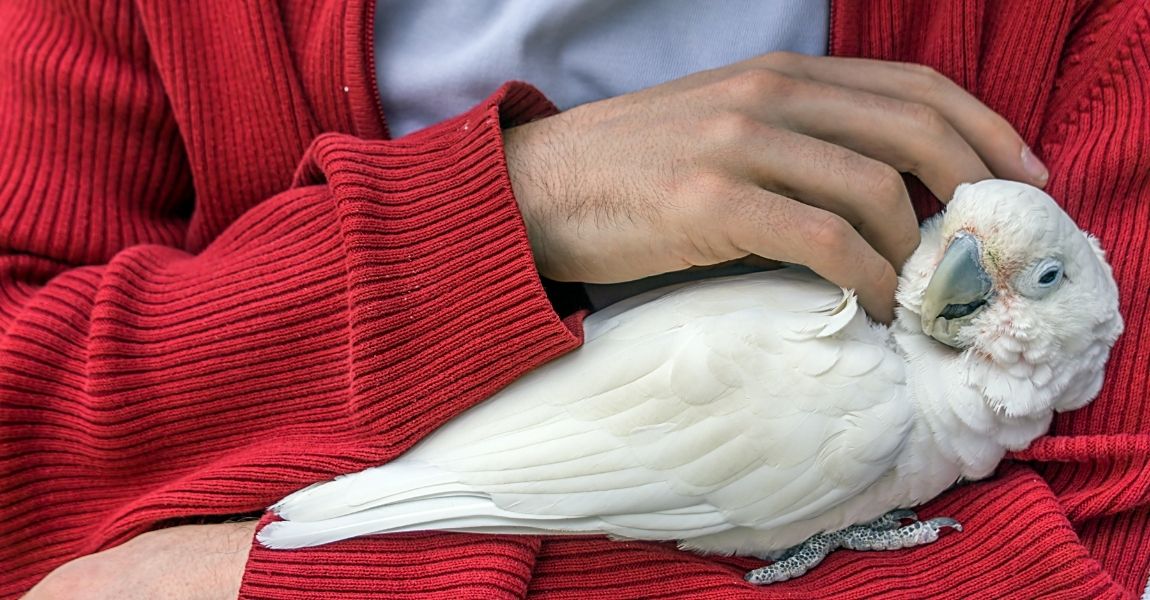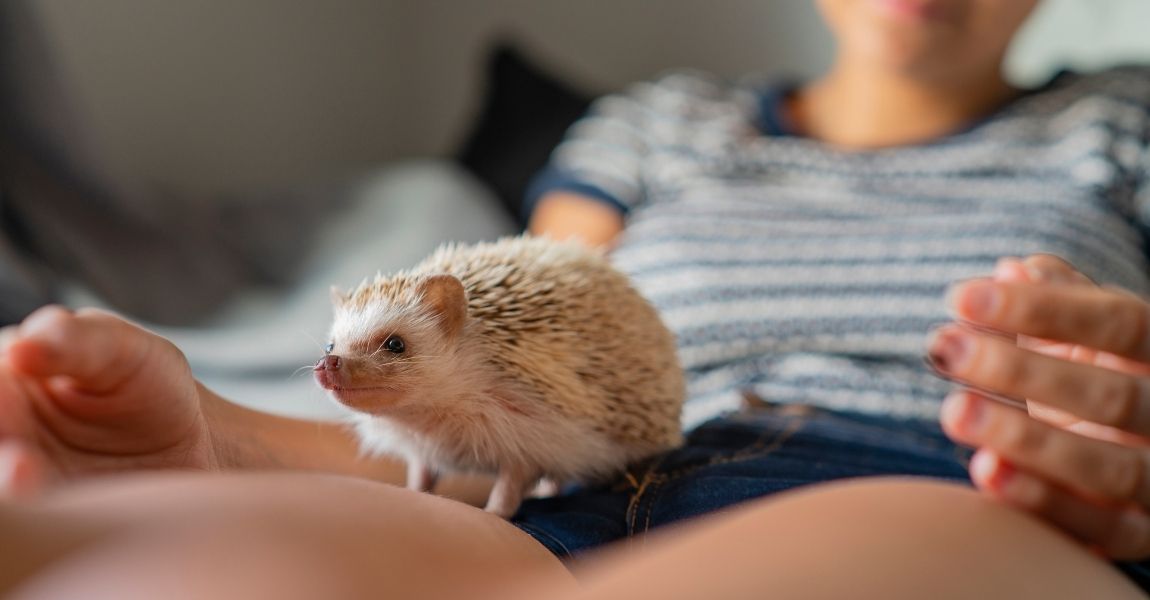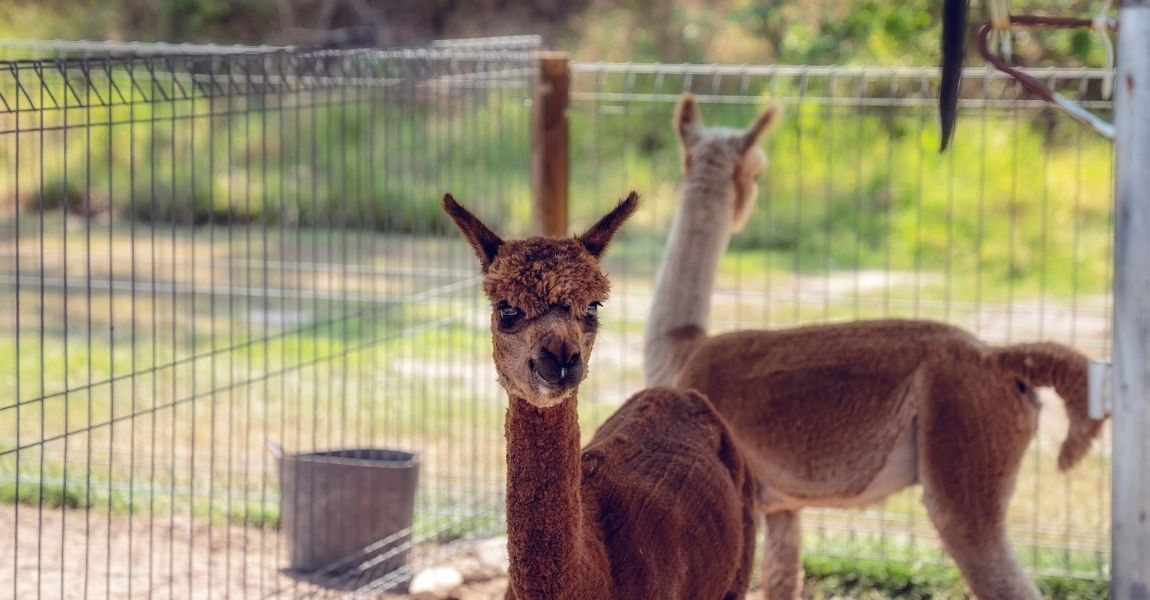Tips on Cleaning Your Macaw Enclosure: Maintaining a Clean and Healthy Habitat
Introduction:
Owning a macaw is an exhilarating experience, but it also comes with responsibilities, including the regular cleaning of their enclosure. A clean and hygienic habitat is essential for the well-being and health of your beloved macaw. In this article, we will provide you with valuable tips on how to effectively clean your macaw enclosure, ensuring a safe and comfortable living environment for your feathered companion.
Daily Spot Cleaning:To maintain a clean macaw enclosure, daily spot cleaning is crucial. Start by removing any uneaten food, droppings, or soiled bedding. Use a scooper or gloves to dispose of solid waste appropriately. Wipe down perches, toys, and other surfaces with a pet-safe disinfectant. Regular spot cleaning prevents the buildup of bacteria and keeps the enclosure fresh.
Weekly Deep Cleaning:In addition to daily spot cleaning, schedule a weekly deep cleaning session for your macaw's enclosure. Begin by relocating your macaw to a secure and safe area. Remove all toys, perches, and other accessories from the enclosure. Thoroughly clean the cage bars, floor, and any removable trays or dishes using warm water and mild pet-friendly soap. Rinse everything well to remove any soap residue. Allow the enclosure to dry completely before reintroducing your macaw.
Disinfecting:During your weekly deep cleaning, it's essential to disinfect the macaw enclosure. Use a pet-safe disinfectant specifically formulated for bird enclosures. Follow the instructions provided by the manufacturer to ensure safe and effective disinfection. Pay extra attention to areas prone to bacteria growth, such as food and water bowls, perches, and the cage floor. Rinse everything thoroughly after disinfection to remove any residue that may be harmful to your macaw.
Toy and Perch Cleaning:Macaws love their toys and perches, which can accumulate dirt, droppings, and bacteria over time. Regularly inspect and clean these items to maintain a hygienic environment. Plastic toys can be washed with warm water and mild soap, ensuring thorough rinsing and drying before reintroducing them. Wooden perches should be cleaned with a bird-safe disinfectant or wiped with vinegar to remove bacteria. Replace any damaged or worn-out toys and perches promptly.
Water and Food Dish Hygiene:Macaws rely on clean water and fresh food for their well-being. Wash water and food dishes daily using warm water and mild soap. Rinse them thoroughly to remove any soap residue. Avoid using harsh chemicals that may be toxic to birds. Consider using stainless steel or ceramic dishes, as they are easier to clean and less prone to bacterial growth than plastic ones.
Ventilation and Air Quality:Ensure proper ventilation in your macaw's enclosure to maintain good air quality. Stagnant air can lead to the accumulation of dust, dander, and odors. Regularly check and clean air vents and replace air filters if applicable. Provide fresh air circulation by opening windows or using air purifiers to promote a healthier environment for your macaw.
Safety Precautions:Always prioritize safety when cleaning your macaw's enclosure. Use gloves and avoid direct contact with waste or cleaning chemicals. Choose bird-safe cleaning products to avoid any harm to your macaw. Secure your macaw in a separate area during cleaning to prevent accidental escapes or injuries.
Conclusion:Cleaning your macaw's enclosure is an essential aspect of responsible pet ownership. By following these tips for daily spot cleaning, weekly deep cleaning, disinfecting, and maintaining a clean environment for your macaw's toys and perches, you ensure a safe and healthy habitat for your vibrant feathered friend. Regular cleaning not only promotes your macaw's well-being but also allows you to build a strong bond and enjoy the delightful presence of your macaw for years to come.





